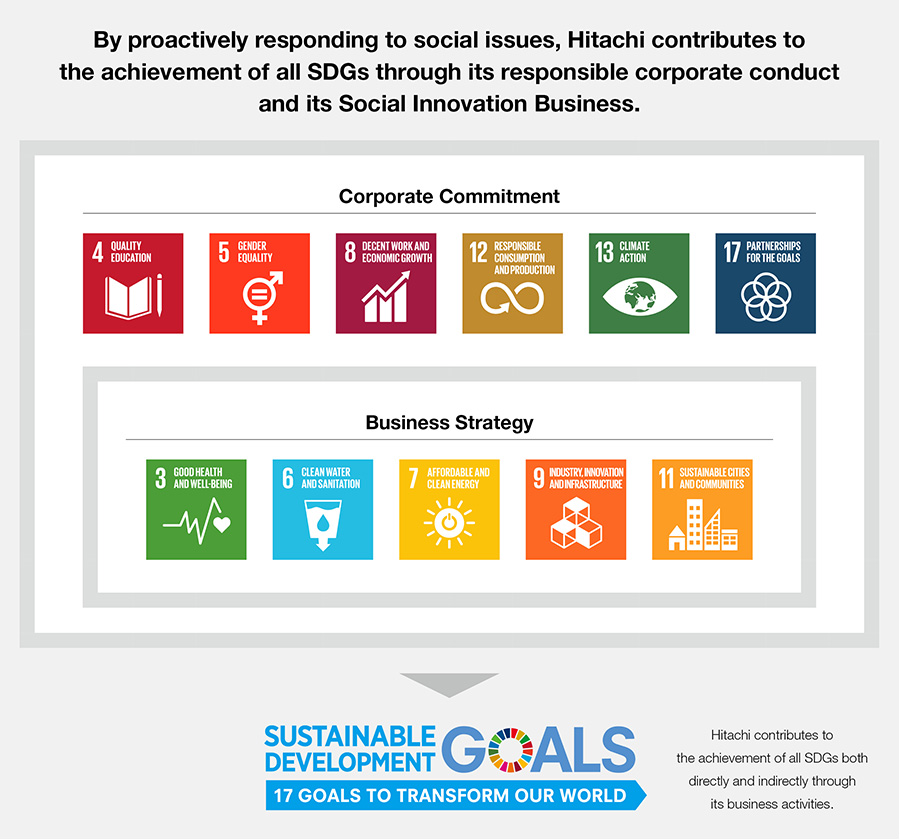Businesses are responding to pressure to act sustainably and are now focusing on generating social good alongside producing profit
AUGUST 2019
A global environmental consciousness has developed as we acknowledge the toll humans are having on our planet. As a result, a new era of social action has begun, with increased expectations for governments, businesses and industries to operate sustainably.
This is partly driven by changes in consumer behaviour. David Attenborough’s Blue Planet II, a nature documentary made by the BBC in the UK, kick-started a global movement to reduce the use of plastics. The programme highlighted the impact plastic has on our oceans and marine life by filming animals affected by our waste. Since then, global momentum has gathered behind reducing plastic packaging.
The demand for action has gone beyond consumers. Investors looking for long-term certainty are pressuring companies to act now and protect themselves from future financial and environmental losses. Business as usual is not a sustainable option. There is mounting pressure on the oil and gas industry to balance adherence to the Paris Climate Agreement with providing energy to meet global demand. Investors are keen to impact this balance. Shareholders are reportedly forcing some of the world’s biggest energy companies to take greater responsibility for action on climate change. According to Ben Caldecott, Director of the Oxford Sustainable Finance Programme at the University of Oxford, "there is rapidly growing interest in using financial assets as an instrument to reduce the environmental footprints of companies."
In a further illustration of investor priorities, groups representing nearly half of the world’s invested capital demanded urgent action from governments on climate change. The groups published a letter to "governments of the world" to coincide with world leaders meeting at the G20 summit in June 2019.
It is no longer acceptable for Corporate Social Responsibility (CSR), a phrase first coined in the 1950s, to be attached to an otherwise unsustainable business model – fundamental business change is needed. Businesses are reacting to these social and economic changes by making commitments to ensure that their contribution to society matches their profits.
The United Nation’s Sustainable Development Goals (SDGs) provide an overarching framework to help governments, businesses and society tackle some of the world’s most pressing challenges, such as climate change, water scarcity and poverty. But in order to achieve real change, businesses must make commitments that go beyond current business models and priorities.
For example, Hitachi has committed to five SDGs where it can have the greatest impact through its business strategy.
The company has also identified six additional SDGs linked to its corporate commitment to society, including:

Alongside the SDGs, Hitachi has a policy of improving customers’ quality of life by creating greater economic, social and environmental value.
Protecting the environment and sustaining the planet for future generations is a collective responsibility. Action from investors reinforces that the old way of doing business is no longer acceptable – environmental and sustainable concerns must be at the forefront of all business and industry to ensure real impact.